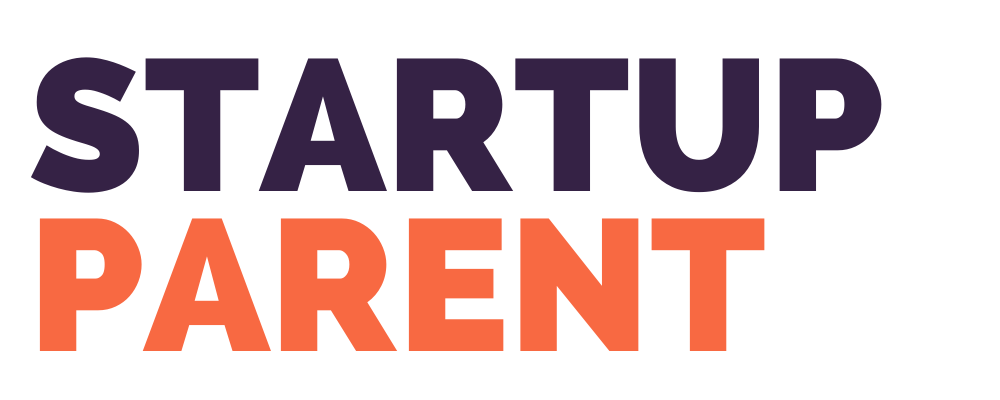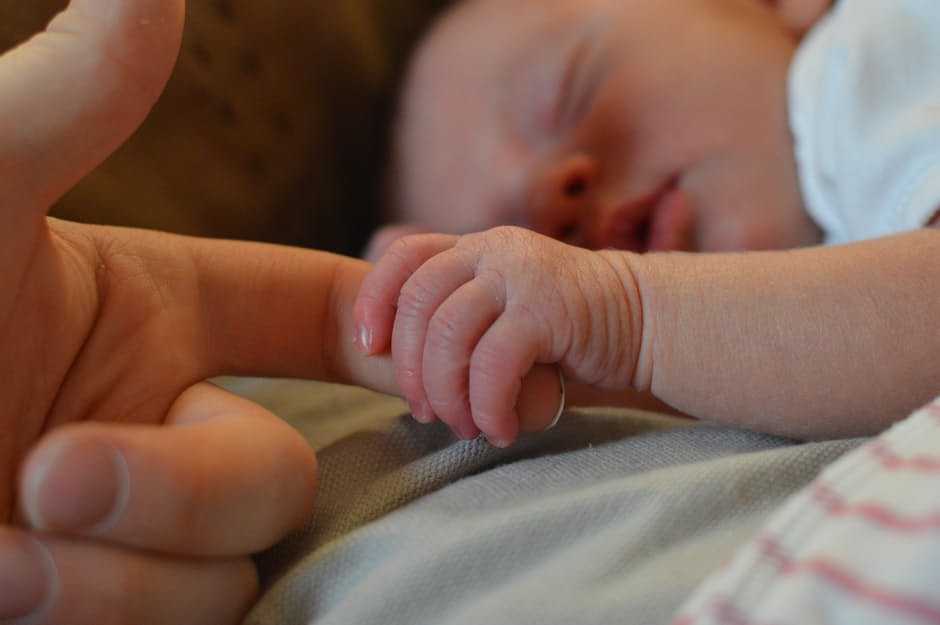How do you prepare for birthing another child when your first birth experience was traumatic? Can new mothers realistically be expected to process and integrate their birth and transformation experience when they work up until 40 weeks and are back just a few weeks later? How can we create space, ceremony, and ritual to promote healing, integration, and to fully honor women crossing the threshold into motherhood?
Kari Azuma was a successful leadership coach for five years before the traumatic birth of her son in 2015. Navigating and healing from her postpartum depression and “full-blown identity crisis” were among the most challenging experiences of her life, but also inform what she views as her life’s work: reigniting the view of motherhood as a rite of passage—full of ceremony, healing, and powerful ritual—for Western mothers.
She also makes the spiritual case for paid leave: motherhood is a profound transition that we simply cannot prepare for when working up until we give birth. Kari believes that much of the trauma we experience in birth as well as the postpartum depression and anxiety is at least partly to blame on the negligible space we give women on either side of their births. In other cultures, rites of passages are demarcated by space leading up to the transition to emotionally and spiritually prepare. This time is filled with ceremony and ritual and ideally, allows the woman to cross the threshold to new mother and give birth in a fully embodied, empowered way.
We speak to Kari at 37 weeks pregnant with her second child, a daughter, and learn about all of the healing work she has done personally over the past three years and how that has profoundly influenced the type of coaching work she does now. We get to hear about the ritual and ceremony she is creating in her own life leading up to her second birth and how we might incorporate this type of slow, quiet, space for ourselves.
IN THIS EPISODE WE TALK ABOUT
- How Kari is creating space in her life for ceremony leading up to the birth of her second child.
- How her desire to have a home birth and her birth expectations with her first child turned deeply traumatic when she ended up with her “worst nightmare” of a hospital c-section.
- The ways in which having a traumatic birth opened a new portal for her and the work she feels called to do, guiding women through the passage to motherhood.
- How she spent three years healing, processing, integrating the birth experience, the death of her old self, and her own birth as a mother.
- The ways in which she is navigating holding hope and setting intentions for the birth of her daughter with a planned VBAC at home, while simultaneously releasing the idea that she can control or fight her way to a preferred birth experience.
- The spiritual case for paid leave or why Kari believes that some postnatal anxiety and depression can be linked to how little time and space we give mothers to slow down and prepare on deeper levels for the birth of their children.
- How she helps clients honor this transition to motherhood through traditional rites of passage ceremonies and rituals.
- How hard it can be to ask for and step into open space before birth when we are used to pushing hard and driving projects forward.
- The counterintuitive healing power of being in a space with people who aren’t expecting you to heal.
- How severing one’s past self and incorporating one’s vision for oneself as a mother are some of the crucial parts of becoming a mother that Western culture is missing today.
- How a coach of pregnant and new mothers balances business with her own pregnancy and maternity leave.
The Startup Pregnant Podcast Episode #116
SOME QUOTES FROM THE EPISODE
- “I just thought I would have this home birth that was just so beautiful. And for me, probably three hours in, I remember calling one of my midwives and saying, ‘I really don’t think I can do this.’”
- “The only thing I didn’t want for this birth is a C-section. Of course, careful what you pray for because I was praying to not have that and that’s what I got.”
- “I felt like my dream of motherhood had been shattered.”
- “I had such a view of what that was supposed to look like and nobody kind of told me that this is like transformation at me, you don’t have control over how this is going to look, you just get to be on that ride. I see other mothers go through it that way and have such a beautiful experience. I’ve seen a lot more mothers go through it my way and be totally traumatized by the transition of their identity.”
- “I remember being so angry after my birth for so long and having that stuck in my body.”
- “My entire mission right now with mothers is reigniting what rite of passage means in motherhood in Western culture. That’s one of the biggest absences of why women are experiencing so much trauma, so much overwhelm, so much lack of support. Because we’re not really giving the time to cross over into the realm of like pausing for this transition.”
- “We need time before the baby comes and these women are working up to like 38, 39 weeks and it’s just impossible to actually have that space to really put yourself in the pace of what it’s actually going to be like to be a mom.”
- “Then you get to motherhood and it’s like, my god, everything’s moving so slow and this is so uncomfortable and how do I cope with not having purpose and then you have to go through an extra layer of that on top of caring for a new baby. Possibly being depressed, processing your birth. You know, I think that these things get to have more of a chance to be spacious and the express.”
- “I just needed to be in a womb space with women who weren’t expecting me to heal. Like when your family is wanting you to feel better, you feel like you end up taking care of them because you are worried about you so much.”
- “They walk out just so healed and cleansed from their tears that they never had permission to shed because they are trying to be so strong for themselves and their kids. And what is scarier than guiding a new human being?”
LEARN MORE ABOUT KARI AZUMA
Since 2010, Kari Azuma has been blessed to coach board members of influential companies, poets, entrepreneurs, coaches, and leaders in the health and wellness sectors. It wasn’t until suffering from postpartum depression and a full-blown identity crisis after the birth of her son in 2015 that she decided to dedicate her life’s work to coaching mothers on leadership development and overcoming stress and overwhelm through powerful self-realization. She works with mothers through social media, private sessions, and her elite group-coaching model, Empowered Mothers Alliance. She also coaches with author, speaker, and coach Preston Smiles in his popular program, Stretch 22.
RESOURCES MENTIONED IN THIS EPISODE
- Conscious Mothers Co-op Facebook community for mothers: https://www.facebook.com/groups/consciousmotherscoop/
- FREE 5 Day Video Series on Releasing Perfection and Mastering Your Version of Motherhood: kariazuma.com/5-day-workshop
- Empowered Mothers Alliance: https://kariazuma.com/empowered-mother-alliance/
- kariazuma.com
- The Rising Man: https://www.therisingmanpodcast.com/
IF YOU ENJOYED THIS EPISODE, CHECK OUT:
- Honest Conversations About the Hard Things — Episode #081 With Co-Host Cary Fortin (The Friendship Series)
- Prepping for Maternity Leave — Episode #086 With Co-Host Cary Fortin (The Friendship Series)
- Trauma, Sex, and Somatic Experiencing: How to Better Understand Birth and the Postpartum Periods — Episode #094 With Kimberly Ann Johnson
- The First Weeks of Parenting: What Nobody Tells You — Episode #104 With Vanessa Van Edwards
EPISODE SPONSOR & SPECIAL OFFER
This episode is sponsored by Splendid Spoon, a meal delivery service that creates whole, healthy, plant-based soups and smoothies that can be a great fit for busy parents and new moms. Get $50 off your first order with the link splendid.to/startuppregnant.
THE STARTUP PREGNANT PODCAST & HOST
- Sign up for the Weekly Startup Pregnant Newsletter with insights, strategies, and new ideas for working parents.
- Email us at hello@startuppregnant.com and tell us what you think!
- Find us on Facebook, Instagram and Twitter
- Want to sponsor the podcast? We’ve got great sponsors and only one shout-out per episode. We don’t shove tons of ads into our podcast. We only work with awesome.
- Still here? Definitely leave us a review on iTunes. It’s really helpful for the show!

